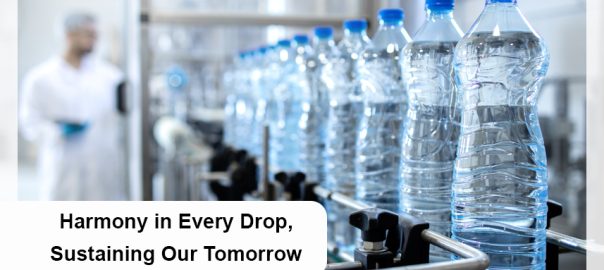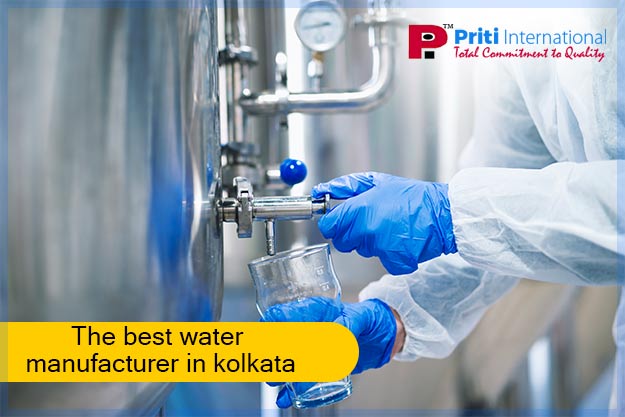In the dynamic landscape of today’s food industry, the integration of technology has been instrumental in reshaping operations. Among the most impactful innovations is the advent of Modern Cold Storage Projects, a game-changer that has transformed the way we handle, store, and distribute perishable goods. This article delves into the profound influence of these projects on the food supply chain, highlighting their critical role in revolutionizing the cold Storage Industry trends.
The Evolution of Cold Storage Technology
Gone are the days of rudimentary refrigeration units. Modern Cold Storage Projects leverage cutting-edge technology, creating facilities equipped with state-of-the-art refrigeration systems, temperature monitoring, and advanced inventory management solutions. These developments ensure precise control over environmental conditions, safeguarding the quality and safety of stored goods.
Efficiency and Sustainability: The Dual Advantage
Efficiency is the cornerstone of any successful supply chain, and modern cold storage projects excel in this aspect. These facilities are strategically designed to maximize space utilization, allowing for higher storage capacities without compromising product accessibility. Moreover, automation and robotics have been seamlessly integrated, streamlining operations and reducing human error.
Furthermore, the sustainability aspect cannot be overstated. Cold storage facilities are embracing eco-friendly practices, implementing energy-efficient technologies, and exploring renewable energy sources. This shift towards sustainability not only benefits the environment but also leads to substantial cost savings for businesses involved in Cold Storage Logistics.
Transforming the Food Supply Chain
Modern cold storage projects have emerged as a linchpin in the food supply chain, enabling producers and distributors to extend their reach across vast geographies. By strategically locating these facilities, businesses can significantly reduce transit times, minimizing spoilage risks and ensuring fresher products reach consumers.
Additionally, these projects facilitate seamless integration with other components of the supply chain, including transportation and distribution channels. Real-time data sharing and connectivity have become the norm, enabling stakeholders to make informed decisions and respond promptly to market demands.




